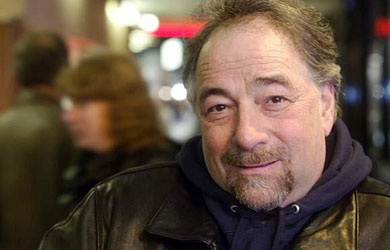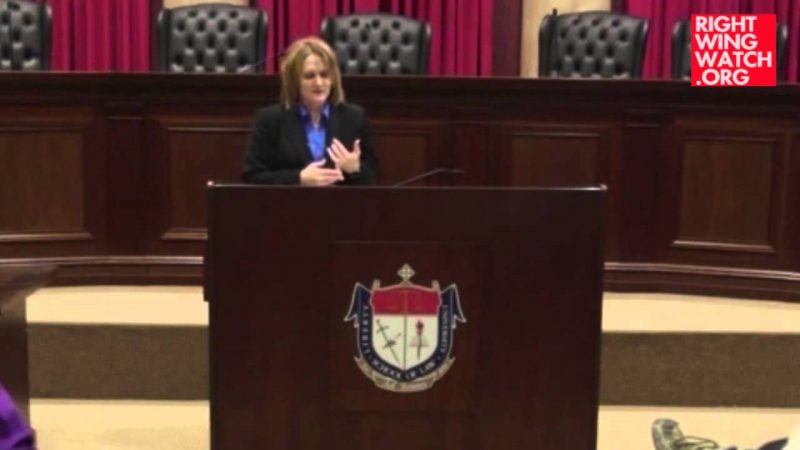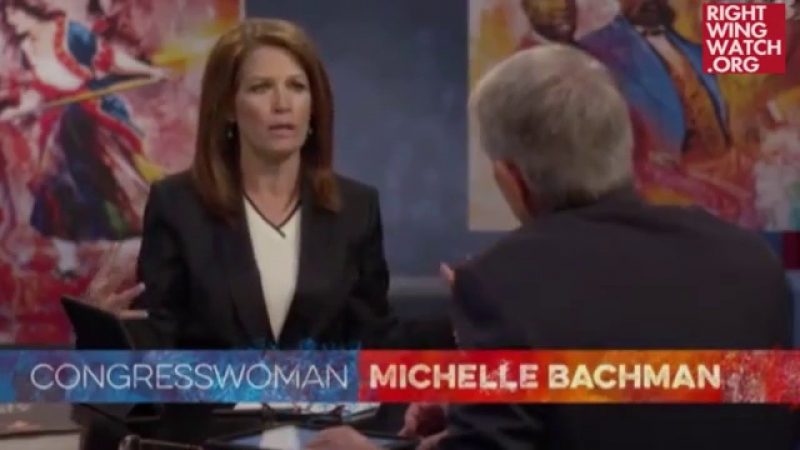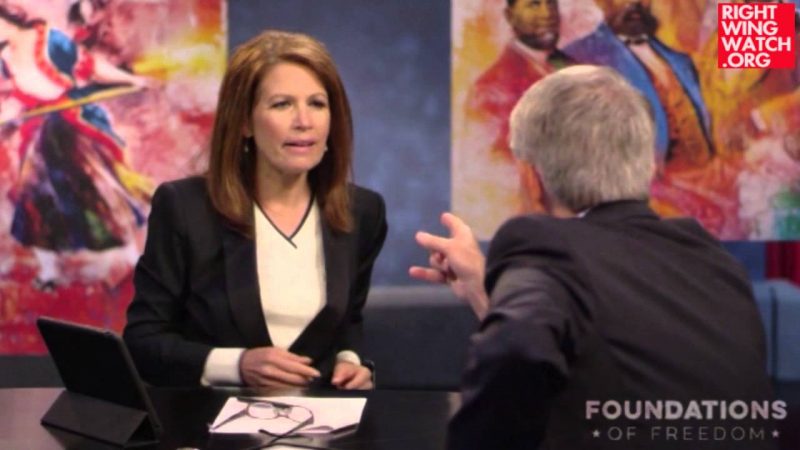Yesterday, Miranda reported on the seemingly contradictory views of the American Center for Law and Justice’s European and Slavic affiliates when it comes to blasphemy laws. The ECLJ has been vocal in opposing blasphemy laws in Muslim-majority countries, but the SCLJ supported passage of a new anti-blasphemy law in Russia. The law provides for fines, “correctional labor” and up to three years behind bars for “public actions expressing obvious disrespect toward society and committed to abuse the religious feelings of believers.” SCLJ’s co-chairman Vladimir Rehyakovsky expressed some reservations about the final form of the law, but said it was “very important” to have such a law in place.
So, where does the ACLJ stand on blasphemy laws? On one hand, it is proud of its opposition in international forums like the United Nations to blasphemy laws that are used by Islamist governments to restrict religious expression. In 2011, the ACLJ said the UN’s Human Rights Committee endorsed an ECLJ-backed position that “no right exists to protect the reputation of an ideology, rather human rights belongs to individuals.”
But more than a decade ago, in response to an “Ask Jay” question posted on the ACLJ’s website, the group’s chief counsel, Jay Sekulow, said it was “an unfortunate situation” that states no longer have laws against blasphemy, something he blamed on “the ACLU and those who trumpet the First Amendment as a license to really degrade people.” Sekulow bemoaned the fact that “religion lacks protection in the law.”
Joe from Rhode Island asks: In Black’s classic law dictionary, blasphemy is illegal. When did it become legal to mock a person’s faith in God?
Jay answers: Black’s is the standard of legal definitions that law students are given around the country and Black’s is still cited in Supreme Court decisions. Not only in English common law but also in most states in the USA, blasphemy was prohibited speech. Clearly, the ACLU and those who trumpet the First Amendment as a license to really degrade people have changed that and that’s an unfortunate situation. But you’re absolutely correct, Black’s Law Dictionary is right. There are many definitions like that in Black’s, but religion lacks protection in the law. Not only is religion seen as irrelevant, but religion is trivialized and even mocked. This behavior has become an accepted part of who we are as a people and in some cases the Supreme Court hasn’t been particularly helpful in that context. The composition of the Supreme Court is obviously something we’re always watching because we know that with the more conservative court obviously some of our values will be more protected. Things have changed drastically if you look at our history, and it’s not even old history. Our country is still very young, but things are very different since our founding. We’re continuing to hope here at the American Center for Law and Justice that history will continue to change in a way that protects the rights of religious people across America. This is what we’re working toward. Selection of Supreme Court Justices is critical in the interpretation of these kinds of cases.
So it appears that the ACLJ is ready to champion free speech when it comes to opposing blasphemy laws in Muslim-majority countries, but supports restrictions on blasphemy in place where Christians are in the majority. Perhaps that double standard is not much of a surprise, given that the ACLJ, which portrays itself as a champion of religious liberty, helped lead opposition to the construction of a Muslim community center in New York that critics inaccurately called the “Ground Zero Mosque.”
The ACLJ is a legal group founded by televangelist Pat Robertson and run by Jay Sekulow and his son Jordan in a manner that is very lucrative for the Sekulow family.








